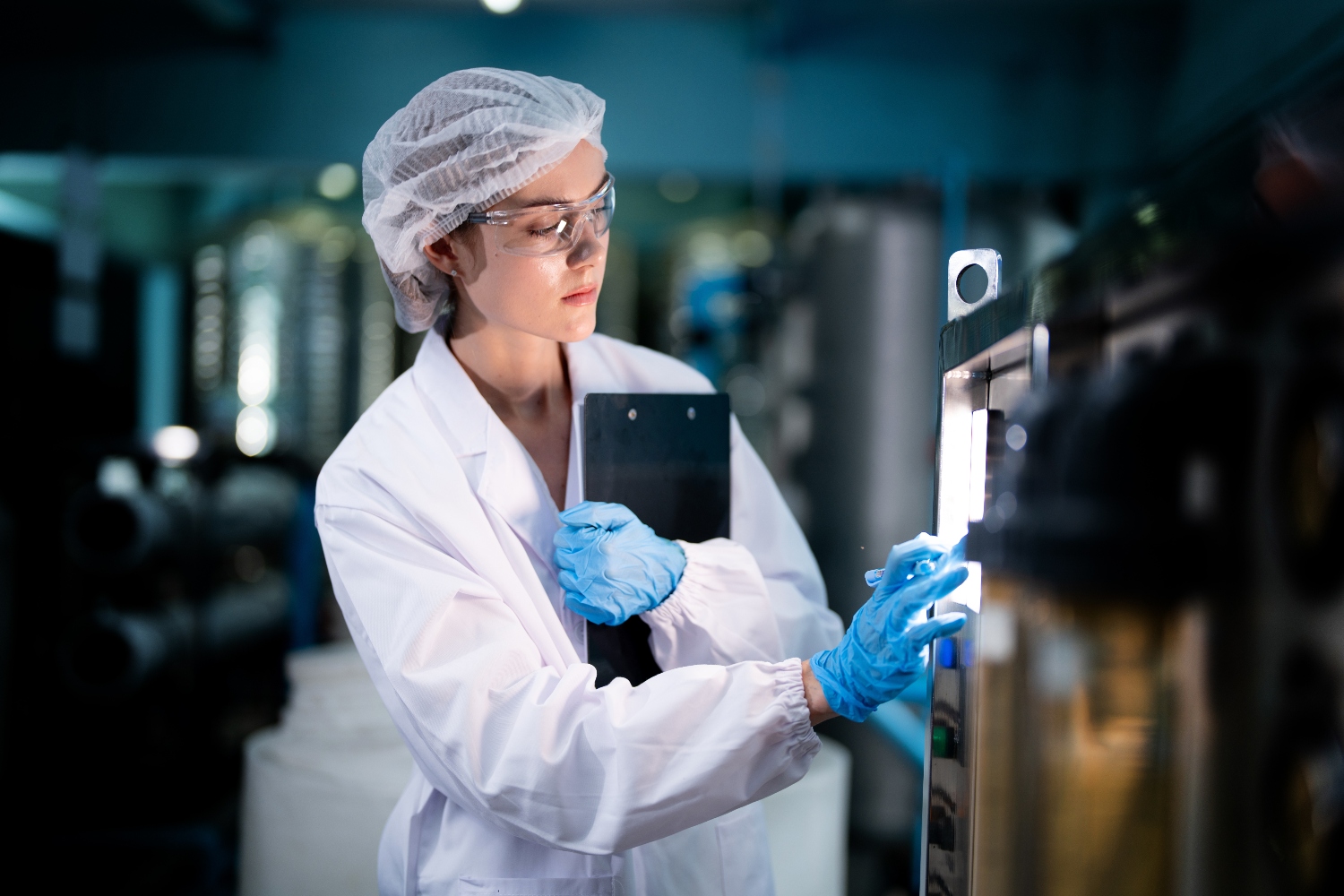Further information
Case studies
Extraction of sugar from waste
Fiberight was founded in 2009.
After a couple of pivots in company direction, their focus now is on the recovery of high value products from everyday household waste.
Advanced Microwave Technologies (AMT) was founded in 2008 and specialises in continuous flow microwave technology for various sector applications, including fermentation pre-treatment, microwave assisted reactions and microwave enhanced extraction.
Both Fiberight and AMT have been involved in various BBSRC funded projects with academics to support their development work.
Fiberight received funding in 2016 and 2017 from the IB Catalyst scheme, to work with academics on improving the production of sugars from waste.
Between 2014 and 2018 they participated in several NIBB, namely FoodWasteNet, LB Net and P2P.
AMT were also active members of both FoodWasteNet and HCVfP NIBB projects.
It was at NIBB networking events that the foundations of future working between Fiberight and AMT were formed.
Both companies then worked together as part of a consortium led by the University of Leeds, on a BBSRC Newton-Bhabha project aiming to translate existing IB technology on extraction of sugar from waste in India.
As well as supporting translation of research in a developing country, a patent application on the methodology supporting this work at a full-scale extraction plant level was approved.
Following on from their participation in BBSRC funded projects, Fiberight has since gained EU Horizon 2020 funding to showcase their work at industrial demonstration scale.
AMT has entered a commercial equipment rental agreement with Fiberight to aid them in the scale-up of their waste recovery technology on this project and others in the future.
Both companies continue to work with academic partners and ECRs, providing them with valuable exposure to industry and aiding in upskilling of the IB community.
Invasive weed provides solution to clean energy
Across many developing countries, there is a lack of suitable fuel for energy needs, particularly in rural areas.
An international team of UK, Indian, and Ugandan scientists and industry partners, through a BBSRC funded Global Challenges Research Fund project, have developed biodigesters that break down waste biomass through anaerobic digestion to generate biogas.
Led by the University of Leeds, the project is delivering demonstration units in rural areas of India and Uganda that are now being used by local communities for cooking.
Water hyacinth was used because it invades waterways, damaging the ecosystem and preventing communities from using the water for fishing or other activities.
The removal and clean-up of rivers is associated with high operational costs, environmental concerns and spread of diseases.
The project focuses on the utilisation of invasive aquatic macrophytes such as water hyacinth in combination with nutrient rich waste and immobilised microbial systems. It maximises the production of biogas, clean water and recovery of these nutrients in low-income communities, by developing innovative biotechnology solutions that promote resource efficiency and long-term sustainable services.
Defiant Renewables is an industry partner to the project and playing a key role in developing the technology in terms of designing bioreactors and highly active bacterial consortium to effectively produce large quantities of biogas from water hyacinth.
Supplied with different mixes of biomass, four demonstration digesters have been built for the use of local communities.
Locals have been engaged in the process, educated, and trained in this work, helping to build their knowledge of anaerobic digestion for producing biogas.
The team are now developing the technology further and exploring its potential for use in other countries.
Holiferm
Formed in 2018, Holiferm is a spin-out company focused on the production of surfactants, a key ingredient in household and personal care products.
Holiferm is facilitating the transition of the $42 billion surfactant market away from harmful, fossil fuel-based chemicals to biobased alternatives, resulting in biodegradable products that are also low in ecotoxicity.
These products have applications in personal care, home care, industrial cleaning and agricultural settings.
The technology was first demonstrated in the lab of a Reader in Chemical Engineering at The University of Manchester, with research being driven by then PhD student, who is now CEO of the organisation.
A number of small grants from various BBSRC NIBB provided targeted support at critical time points in the development of Holiferm’s technology, supporting work with industry partners and allowing the company to grow.
In September 2021, a £5.8 million investment from the US based company, Rhapsody Venture Partners, was the latest capital investment secured by Holiferm.
Holiferm won the Innovation Award at the Chemicals Northwest Awards 2022 for their patented gravity separation fermentation technology.
Holiferm is set to launch its second and third fermentation derived biosurfactants to market in 2024 and now employs 52 people.
These are rhamnolipid and Mannosylerythritol lipids.
They are currently being readied for pilot scale production before they go into a full manufacturing process at their Liverpool plant.



